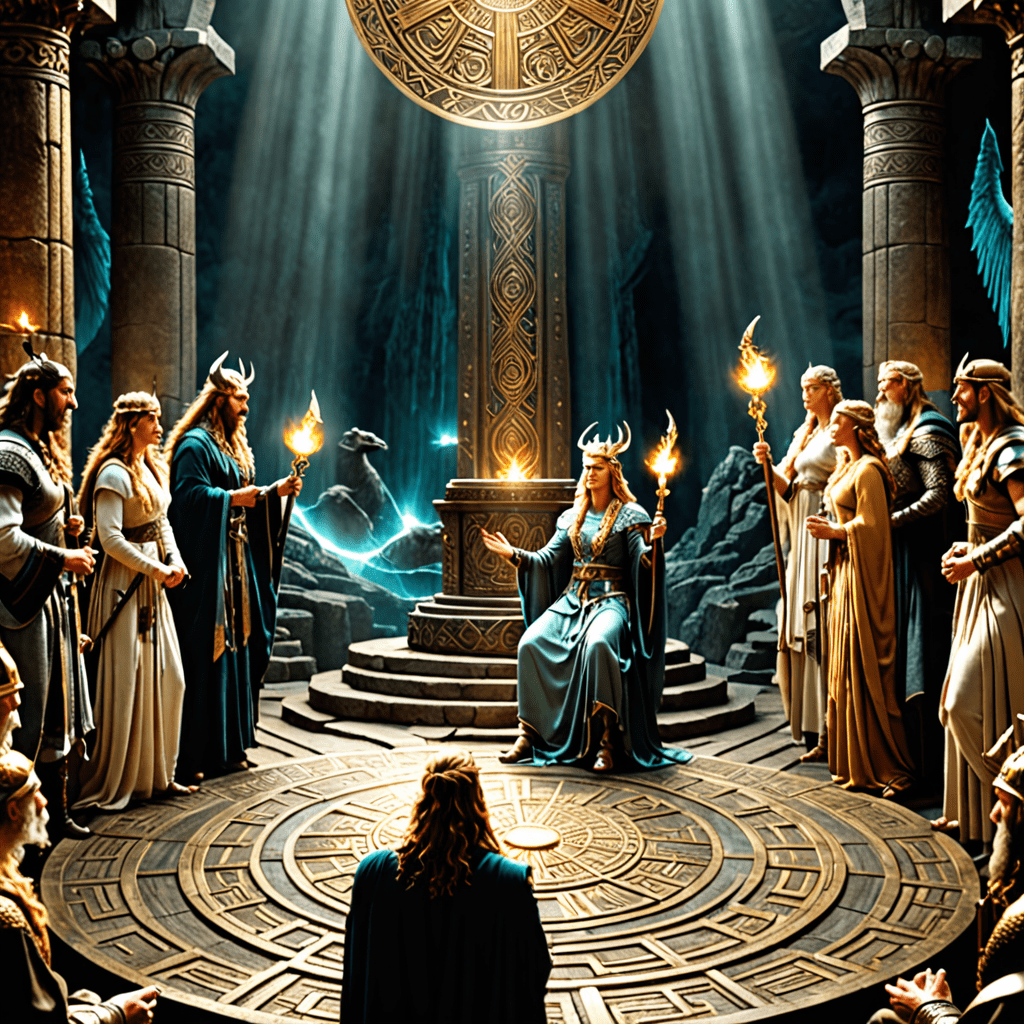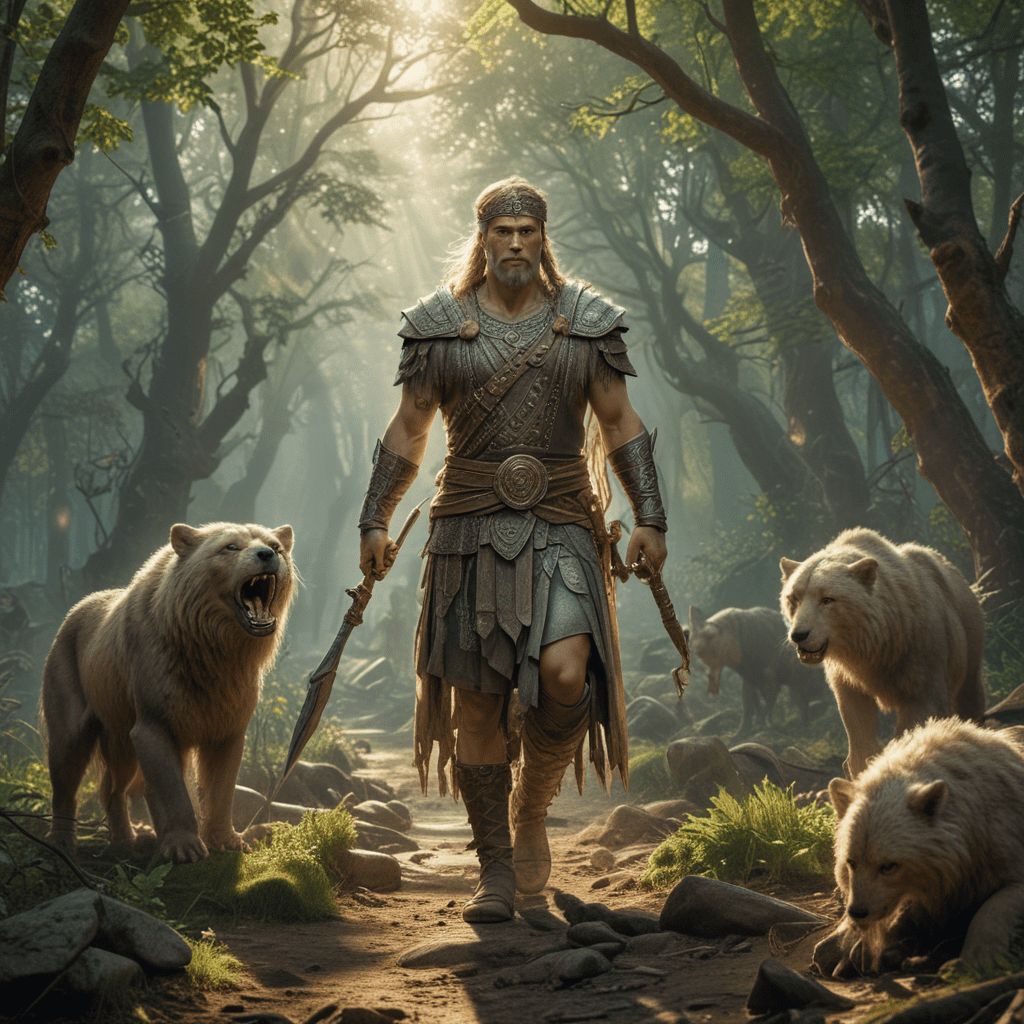The Role of Seers and Oracles in Norse Mythology
Understanding Seers and Oracles in Norse Mythology
Seers and oracles play a significant role in Norse mythology, providing insight into the future and interpreting signs and symbols to guide the actions of gods and mortals alike. In Norse mythology, seers are individuals with the gift of foresight, often called “volva,” while oracles are entities like the Norns who shape destiny.
Seers and Oracles in Norse Mythology: The Norns
One of the most prominent examples of oracles in Norse mythology is the Norns. These three powerful female beings, named Urd, Verdandi, and Skuld, are responsible for weaving the fate of every being in Yggdrasil, the World Tree. Urd represents the past, Verdandi the present, and Skuld the future, illustrating a timeless view of destiny in Norse belief.
The Volva: Seers in Norse Mythology
The volva, or seeresses, are individuals in Norse mythology who possess the ability to see into the future and communicate with the spirit world. These seeresses were highly revered and sought after for their wisdom and foresight. They would often enter trances or altered states to receive visions or prophecies, guiding the actions of gods and humans.
The Role of Seers and Oracles in Norse Society
Seers and oracles played a crucial role in Norse society, offering advice, making prophecies, and interpreting omens. Their insights shaped important decisions and actions, influencing the course of events in the mythological world. Norse people consulted seers and oracles before battles, voyages, and important undertakings, seeking guidance and assurance in an unpredictable world shaped by gods, destiny, and fate.
FAQs about The Role of Seers and Oracles in Norse Mythology
What is the significance of seers and oracles in Norse mythology?
Seers and oracles played a crucial role in Norse mythology as they were believed to have the ability to communicate with the gods, foresee the future, and provide guidance to the people.
Who were some renowned seers and oracles in Norse mythology?
Prominent seers and oracles in Norse mythology include the Norns, who were the three major female figures responsible for shaping destiny, and the god Odin, who was known for his wisdom and prophetic insights.
How did seers and oracles communicate their prophecies?
Seers and oracles in Norse mythology often communicated their prophecies through visions, dreams, or direct messages from the gods. They were highly respected for their foresight and wisdom.
What role did seers and oracles play in shaping the events of Norse mythology?
Seers and oracles were instrumental in shaping the events of Norse mythology as their prophecies often influenced the decisions and actions of gods and mortals alike. Their insights were believed to be pivotal in determining the course of fate and destiny.
Were seers and oracles revered in Norse society?
Seers and oracles held great respect and reverence in Norse society for their



